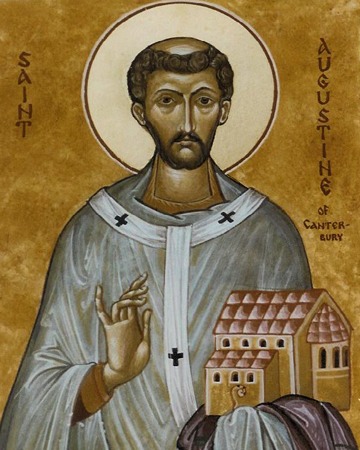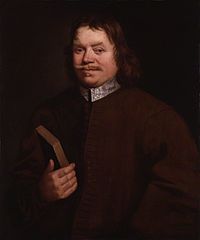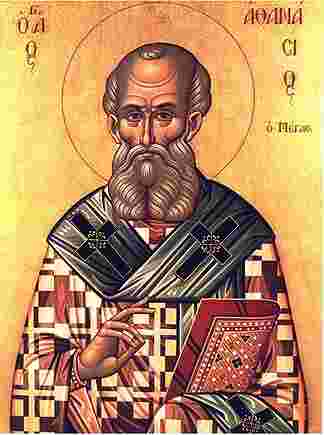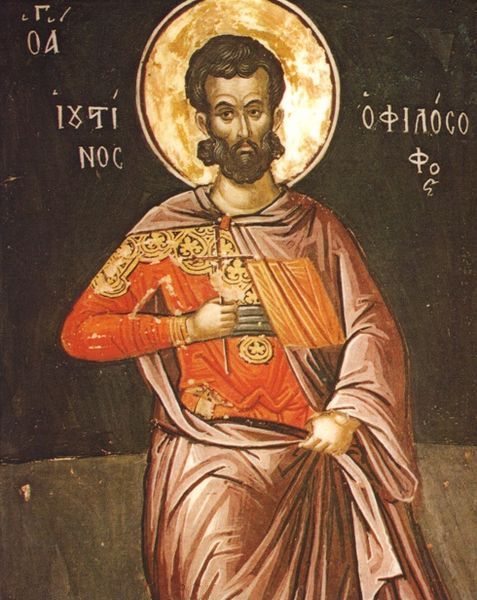
Augustine’s treatise On Nature and Grace was a response to the pernicious views of Pelagius’ concerning the grace of Christ. He addresses the letter to Timasius and Jacobus, whom he calls ‘my beloved sons’. Augustine’s manner in confronting the heresy is done graciously, not vehemently, for he does not judge the motives of his zealous rival, but rather his writings.
God’s Righteousness through Christ Alone
He begins by speaking of God’s righteousness, which comes not through the law, but only through Christ Jesus. This righteousness makes one a Christian, that is, if he needs it. But if one, by virtue of his own righteousness, needs not Christ’s righteousness, then the death of Jesus was in vain. But if Christ’s death is not in vain then human nature cannot of its own merit, escape the wrath of God. Said escape can only be realized by faith in Christ.
Our Corrupted Natures
Although our nature was created whole and sound, it was corrupted by original sin, which was committed by free will, and now requires Divine rescue from it’s fallen state. This rescue is gratis, not merited, it’s a justification freely given by God through Christ’s sacrifice. For because of original sin, all mankind is justly under God’s wrath, and as such needs a Savior, so that they can be ‘vessels of mercy.’
Pelagius’ View of Man’s Ability to not Sin
Pelagius advanced the argument that actually all men sin, but its possible that they can abstain from it. Augustine responds that just because something is possible, it does not follow that it can actually happen. Moreover, one is not unrighteous because of his own choice [Pelagius], but rather because of his inability to choose to be righteous. To affirm the former, rather than the latter, would make the cross of Christ of none effect and prove one to be a liar (1 Jn.1:8). Pelagius corrupts (Jam.3:8) to support the above notion by making an interrogative note: “Can no man, then, tame the tongue?” as opposed to “No man can tame the tongue.” James wrote this of the tongue, emphatically, not interrogatively, so that we would petition God for his mercy and grace. Augustine rightly points to (Jam.3: 10) to support his conclusion of our need for God’s grace to tame our tongue. Furthermore, Augustine points out that in the Lord’s Prayer, we are commanded to ask for pardon from past sins, and to be kept from future transgression. But, if we do not need divine assistance in the matter, why then are we commanded to ask for help? It seems foolish therefore, to ask for something we have.
Pelagius’ View Concerning Our Corrupt Human Nature
Pelagius denies that human nature has been corrupted by sin, for if sin is not a substance, then how can it corrupt human nature? Augustine responds by first pointing out, that such a view opposes the Jesus who said, “they that are whole, need no physician, but they that are sick. I have not come to call the righteous, but sinners.” (Mt.9: 12-13) Second, even though sin is not a substance, it does not prevent our nature from becoming corrupt. Augustine continues and explains that we humans are sufficient of ourselves to commit sins, but insufficient of ourselves to be healed from it. For the penalty of sin is death, and as such we need to choose to stop sinning, but we need to be revived from the grave, before being able to do that. We need a Vivifier! Until our souls are revived by Christ’s grace, we are unable to respond to God in righteousness. To think we need no such assistance reveals our pride and restricts the humble petition for divine grace from being offered.
Augustins’ God-Centeredness for Man’s Healing
Augustine further points out that although God’s purpose in acting is to heal all things, He does not follow the sick patients prescription for its accomplishment. For in His purpose to endow the Apostle Paul with power, God made sure that Paul was weak because “My strength is made perfect in weakness” (2 Cor.12: 7-8). In fact Paul’s ‘thorn in the flesh’ was given to keep him humble because of the multitude of revelations that God gave him, so that he would not be prideful, and that in the ‘right’ thing. By doing this to Paul, God is preventing the apostle from boasting in gifts he has received, not earned, and as such, he is being protected from eternal peril. Now, God in a certain sense forsakes the proud, so that such a one may learn that he has a Master, and thus learns to renounce the pride.
Pelagius’ View of Man’s Equality to God
Pelagius also equals man’s sinless to be equal to God, but Augustine responds by noting that the creature can never in substance become equal to God. Moreover, Pelagius honors God as Creator but dishonors him as Savior when he holds that Jesus heals us of our past sins, but not the future ones. Unwittingly, Pelagius is not encouraging that believers be watchful and pray, “lead us not into temptation”; instead he is advancing an independent attitude between the creature and the Creator. Another argument Pelagius raises is that Abel was sinless on the heels of asserting that not all people’s sins in the Bible were recorded. Augustine responds, by noting that Adam, Eve, and Cain’s sin are recorded, but to conclude and even ‘add’ that Abel did not sin because it’s not in the text, is a wicked act for the text also is silent on that.
Augustine addresses many other issues concerning how only by God’s grace one can be sinless, that what He commands is not impossible but in no wise removes the need for petitioning his divine help. He also tackles the issue of free will and its ramifications to the believer’s life. Toward the end of the letter, Augustine uses other authorities to combat Pelagius’ views, he demonstrates how to exhort men to godly living, and ends the treatise by accentuating the need for the Holy Spirit to help believers walk holiness.
[1] Augustin, Aurelius, Bishop of Hippo, “Treatise on Nature and Grace: Against Pelagius,” The Nicene and
Post-Nicene Fathers, First Series, Volume V, Pp.121-151, (T & T Clark Edinburgh: Wm. B. Eerdmans Publishing Company, Reprinted in 1997)









